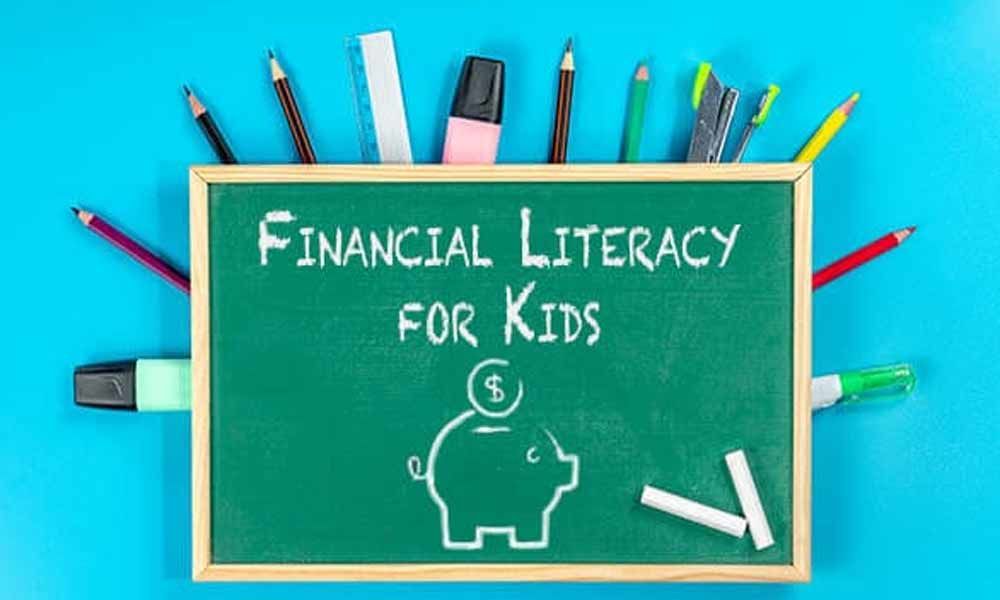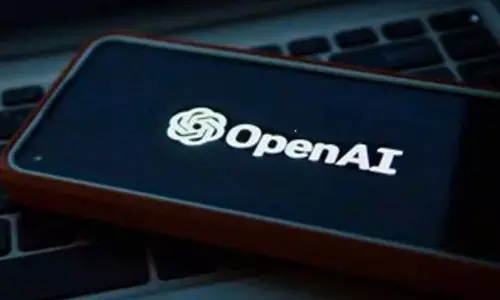Financial literacy is important for kids: Know the process to teach money to your kids

Financial literacy is important for kids: Know the process to teach money to your kids
We may have learned a plethora of things at the school, like mathematics, social science, science and literature among others, but there is something that is not taught at the school and that is the financial lesson and the ways to plan for the future.
We may have learned a plethora of things at the school, like mathematics, social science, science and literature among others, but there is something that is not taught at the school and that is the financial lesson and the ways to plan for the future. In fact, the Indian education system lacks the most is the art of teaching the money/ financial lessons to the kids.
Financial literacy is important as it equips us with knowledge and skill that is required to manage money effectively. In its absence, our financial decisions and actions may lack a solid foundation for success.
Here comes the responsibility of the parents in India – who love to talk about history, culture, mythology, ethics and disciplines among others with their children – to spare some time discuss money with their kids. In fact, they can be equally blamed for not having financially aware kids as being the first role model to their children, they generally think, parenting financial values to a pre-schooler or a teenager is premature. However, it is a misconception, and I can say this in my personal experience. I have been trying to make my child – who is just 3 years in age – financially aware by making him aware of how to save money and why it is important. I have been practising this activity since last six months and have seen the difference in him and the way he values money.
Teach them young and watch them grow and suggest where they go wrong. This is how you can explain financial/ money lessons to your kids:
Art of Saving
Start the journey with a piggy bank. Buy a piggy bank to them and let him/her know its usage, which is storing the money and show him/ her same practically. From here, you can provide them with some amount of money to the kid every month and tell them to put it into the piggy bank. Hopefully, you can see that after a month or two, the child will know where the money should go. Then you can have chats with the little one and tell him that he is saving money in the piggy bank and it can be used only if a need arises.
Art of investment
Involve kids in financial decisions and let them learn the art of investing. Involving them in the financial decisions will allow them to learn the meaning of budget and budgeting. In fact, it will help them to learn to live in a calculated budget, which is necessary.
Teach the process to make money out of money?
Teach your kid the benefits of the power compounding in their growing days. For the purpose, you as a parent you can discuss the mutual fund or insurance scheme with them and tell them the reason for which you chose them. Tell them how beneficial it can be for the family. In fact, make them understand the quality of returns these investments can bring to them in a long run. This will make him/ her learn the art of saving for the future course of actions as well as retirement without worries.
At the same time, parents can take their kids to the bank branches – maybe you feel it an awkward suggestion in the world where everything is going digital – but it will help the child to analyse the process of physical transactions that take place at the bank. The action may teach them the value that money has as today every child thinks that ATM/ digital payment is an answer to all of their needs and demand.
Insurance and emergency funds
Following the COVID-19 pandemic impact on health and the financial health of the families, insurance plans have emerged as a need of the hour. Actually, insurance acts as savings for the future and kids should learn about it at an early age. Also, explain to them about the importance of the contingency fund and how it helps a person or a family at a time of emergency. You can explain to them the importance of insurance and contingency funds by showing some examples from the neighbourhood surroundings. For instance, you can show a marriage or any festive occasion or celebration or condition of a family whose bread owner dies without having such an insurance plan that will help his/her family to lead a life of respect.
Teach them the difference between Desire and Need
Teaching the difference between desire and need to a kid is very important. They must be explained that needs are a crucial thing and should be fulfilled at the time of need, but desires can wait.
Teach them to stay away from loans
Make them aware that loans in any form, whether direct or indirect, are not good at all and they should stay aware of them. You can explain this to them by simply adjusting the monthly budgets in a way that a handsome amount is left in your account on the last day of the month. This is necessary as a child is a good observer and they notice all of your activities, like, the pressure on the face while paying the EMIs of your loans or credit cards.
Learn to not fight for money in from of the kid
Make sure that you don't have heated discussions over the shortage of money in front of kids as they might feel insecure. In a situation, if you can't avoid such discussions, then have a pleasant discussion on it and try to find a solution to the problem.















